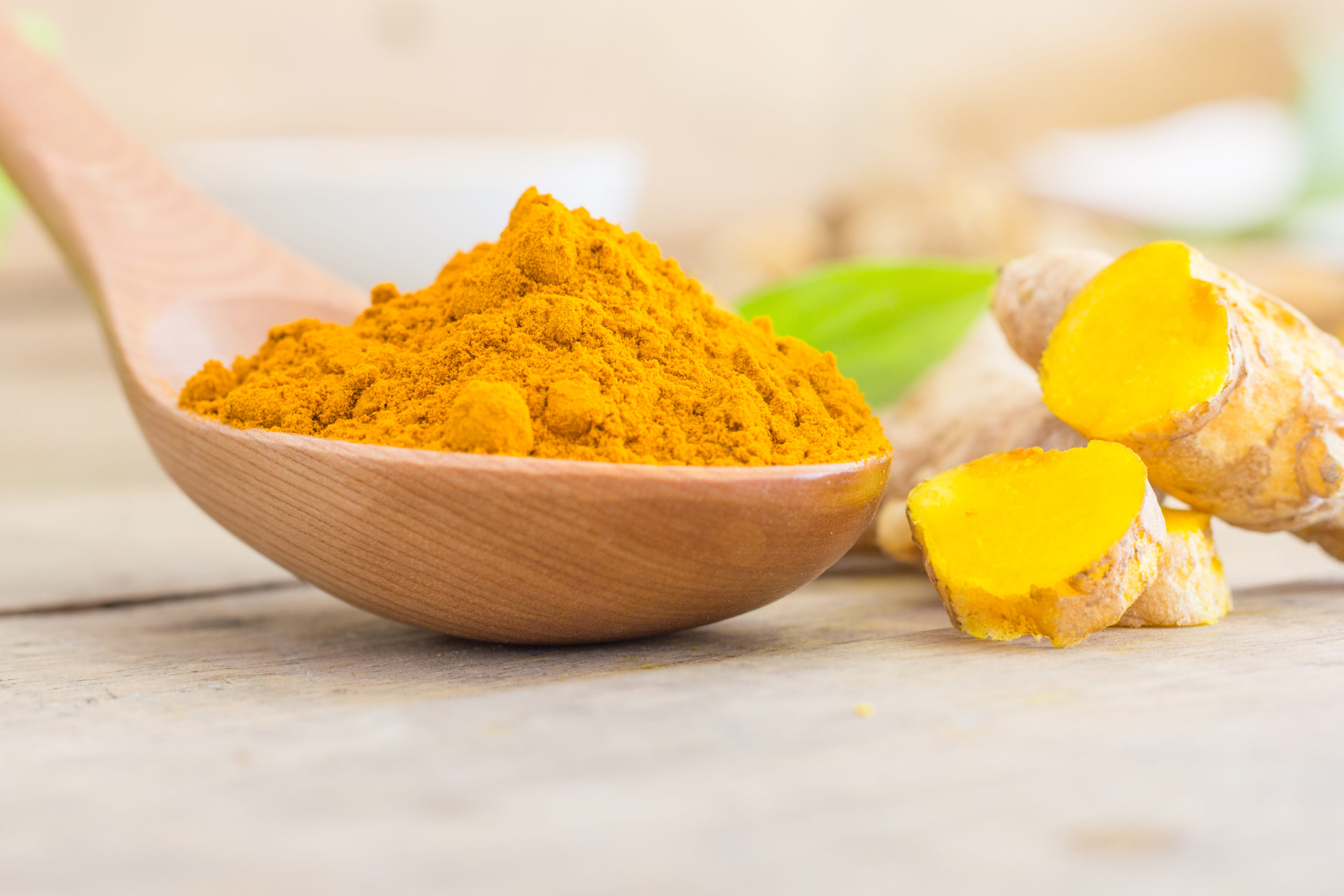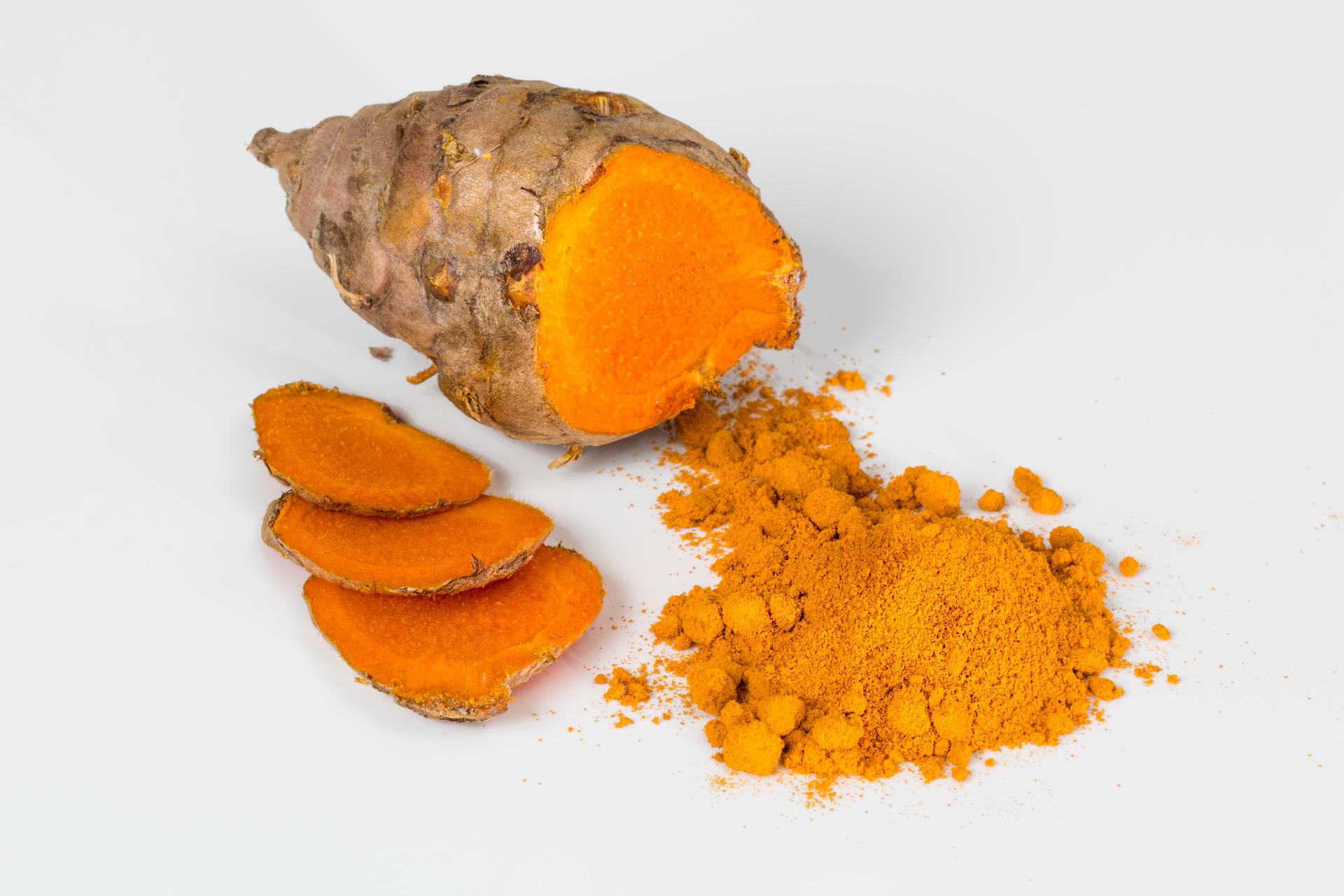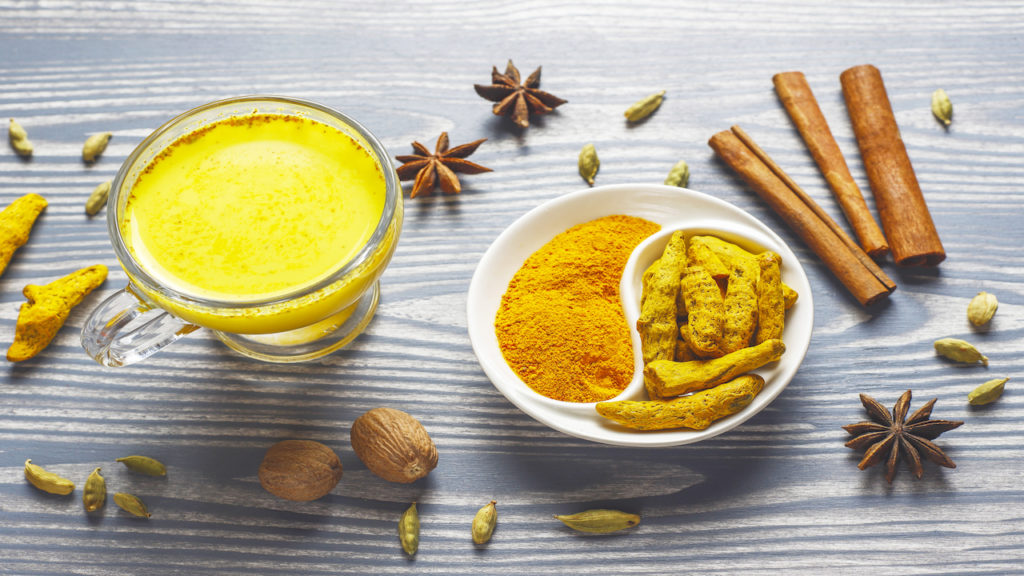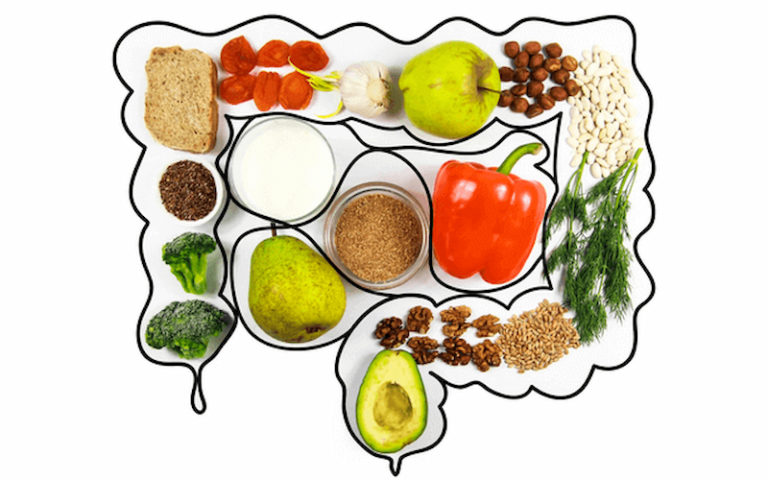What is Turmeric?
Turmeric is a popular spice obtained from the root of the Curcuma longa plant. Curcumin is a turmeric substance that may help minimise oedema/inflammation. Turmeric is widely used in curry powders, mustards, and other culinary components to flavor or color them. Alternative therapies make use of turmeric root in a variety of treatments.

What makes turmeric special?
There is a wide range of applications for Turmeric in functional medicine, including lowering blood cholesterol, relieving arthritic pain, and treating chronic kidney disease-related itching. There is no conclusive evidence that turmeric is beneficial to the human body or that it aids in the management of the aforementioned conditions. Curcumin, the super component providing the said turmeric benefits, is now widely separated and refined in greater concentrations to be placed into supplements due to a vast amount of proof of its potent anti-inflammatory properties.
What is Curcumin?
The major component in turmeric, Curcumin is an effective antioxidant that can combat external factors and assist to mitigate or even prevent some of the damage they can cause. Curcumin also reduces the amounts of two inflammation-causing enzymes in the body. It also prevents platelets from accumulating and forming blood clots.
Curcumin was shown to significantly reduce inflammation, and additional study shows that its benefits are numerous, alleviating a variety of frequent and severe inflammation-related issues, which explains the usage of turmeric for inflammation in functional medicinal practice.
How safe is consuming turmeric in medicinal amounts?
Turmeric, at medical doses, is thought to be dangerous to consume during pregnancy, as it may result in uterine hemorrhage or contractions. Yet another side effect is a reduction in levels of testosterone and sperm mobility in males. Curcumin was not beneficial at larger dosages, according to one such research, as it was found that it may promote cellular damage. Consulting with a skilled practitioner at our functional medicine center Atlanta to decide what amount – if any – is best for you is vital, especially with natural solutions.
It is not necessary to take supplements or consume a therapeutic amount of turmeric to benefit from curcumin’s anti-inflammatory properties. Including turmeric in everyday cooking can ensure that a sufficient amount of curcumin and its anti-inflammatory properties are absorbed by the body.
Turmeric for skin health

Apart from these, turmeric benefits for the skin are plenty. Turmeric is found beneficial in reducing wrinkles and fine lines on the face, healing acne, and brightening the skin.
With its anti-inflammatory, anti-microbial, and antioxidant properties, it enhances skin in a variety of ways.
It controls oily skin by assisting in the regulation of sebum production.
Because of its antiseptic and antibacterial qualities, it is effective against pimples and outbreaks.
According to research, turmeric may be beneficial for the following conditions:
Digestive Problems
Curcumin promotes the production of bile in the gallbladder, which is believed to aid digestion. Turmeric has been certified for digestive disorders by the German Commission E – the scientific advisory group that determines whether substances and products used in traditional medicine may be properly administered in Germany. Turmeric also decreased bloating and gas sensations in persons with indigestion, according to a randomized controlled trial.
Osteoarthritis
The effect of turmeric in relieving pain associated with osteoarthritis has long piqued experts’ curiosity due to its anti-inflammatory qualities. Traditional medicinal practices have been using a blend of turmeric, boswellia, and zinc to treat osteoarthritis, which effectively relieves the pain and suffering associated with the condition. However, it’s difficult to establish if turmeric, one of the other ingredients, or all of them together caused the results.
Heart Conditions
Turmeric could effectively deter atherosclerosis, which is the accumulation of plaque in arteries that can lead to cardiac arrest or stroke, according to a preliminary study. An extract of turmeric reduced cholesterol levels and prevented LDL cholesterol from forming in blood vessels in animal trials. Ingesting curcumin in quantities of up to 4 g each day, on the other hand, had no effect on cholesterol levels, according to a randomized controlled experiment.
Cancer
Turmeric’s anti-cancer qualities have been studied extensively, although the findings are still inconclusive. Curcumin may help prevent or treat malignancies such as prostate, breast, skin, and colon cancer, according to research findings from clinical and animal research.
The roots and bulbs of the herb can be used in food and medicinal preparations. They’re normally cooked and dried to get the yellow powder we’re all acquainted with. Antioxidant properties can also be discovered in other components of this plant besides Curcumin.
Herbs have been used to strengthen the body and treat illnesses for millennia. On the other hand, it may have unwanted side effects or interact with other herbal substances, supplements, or prescription medications. As a result, using medical doses of herbs should be done carefully and under the supervision of health healthcare professionals.






